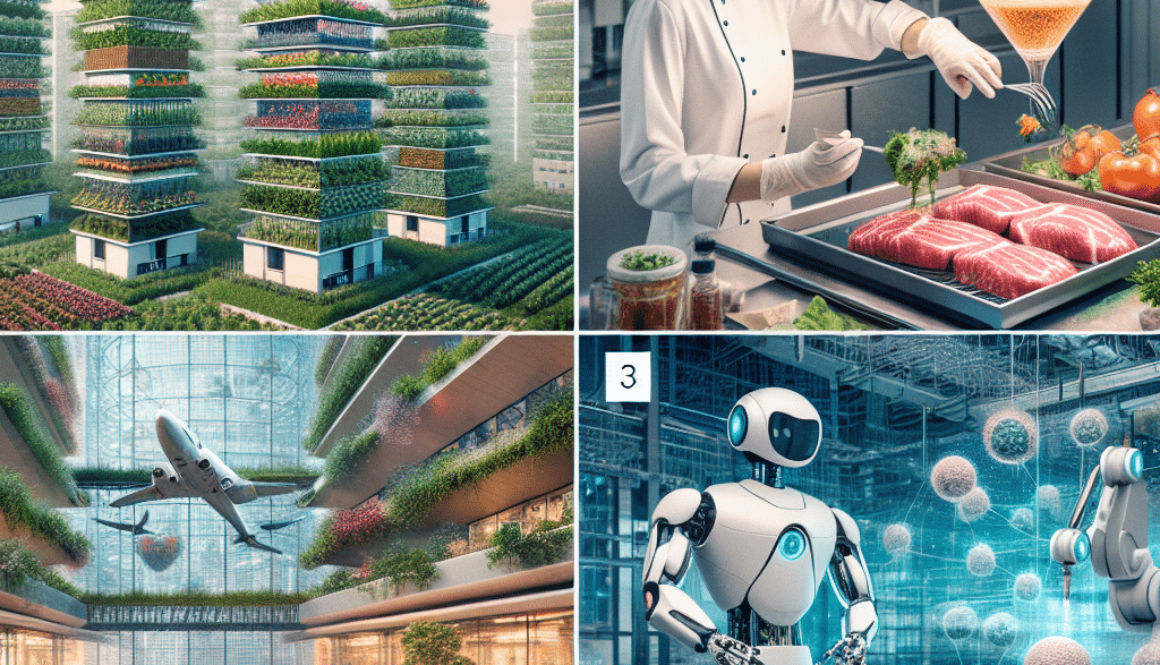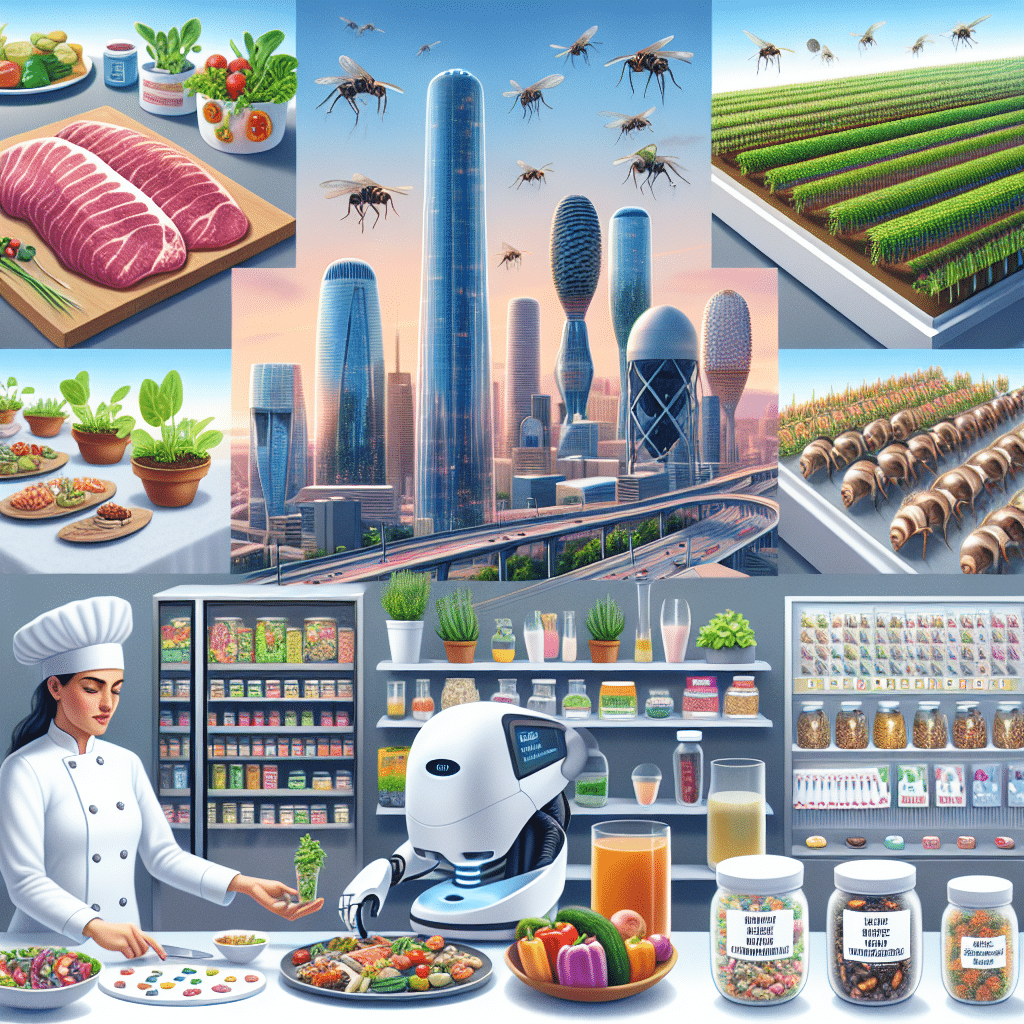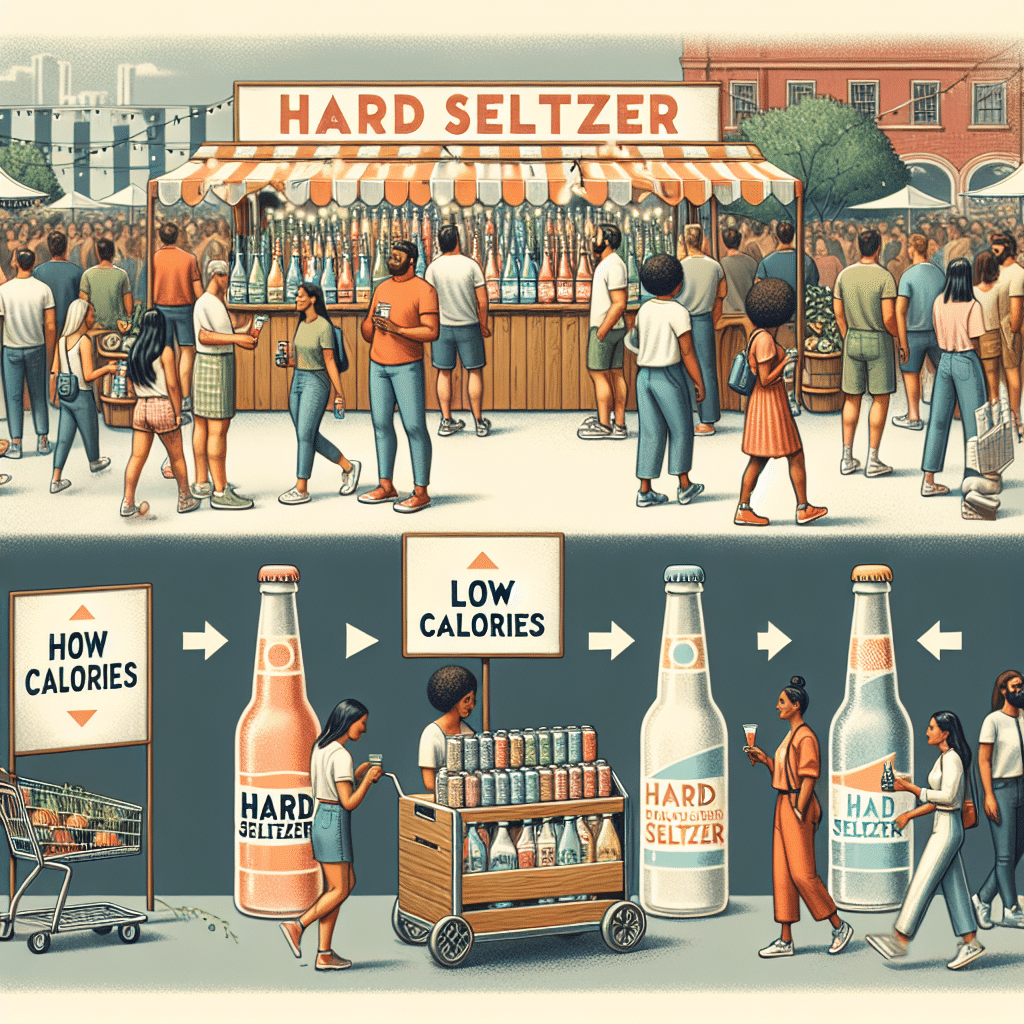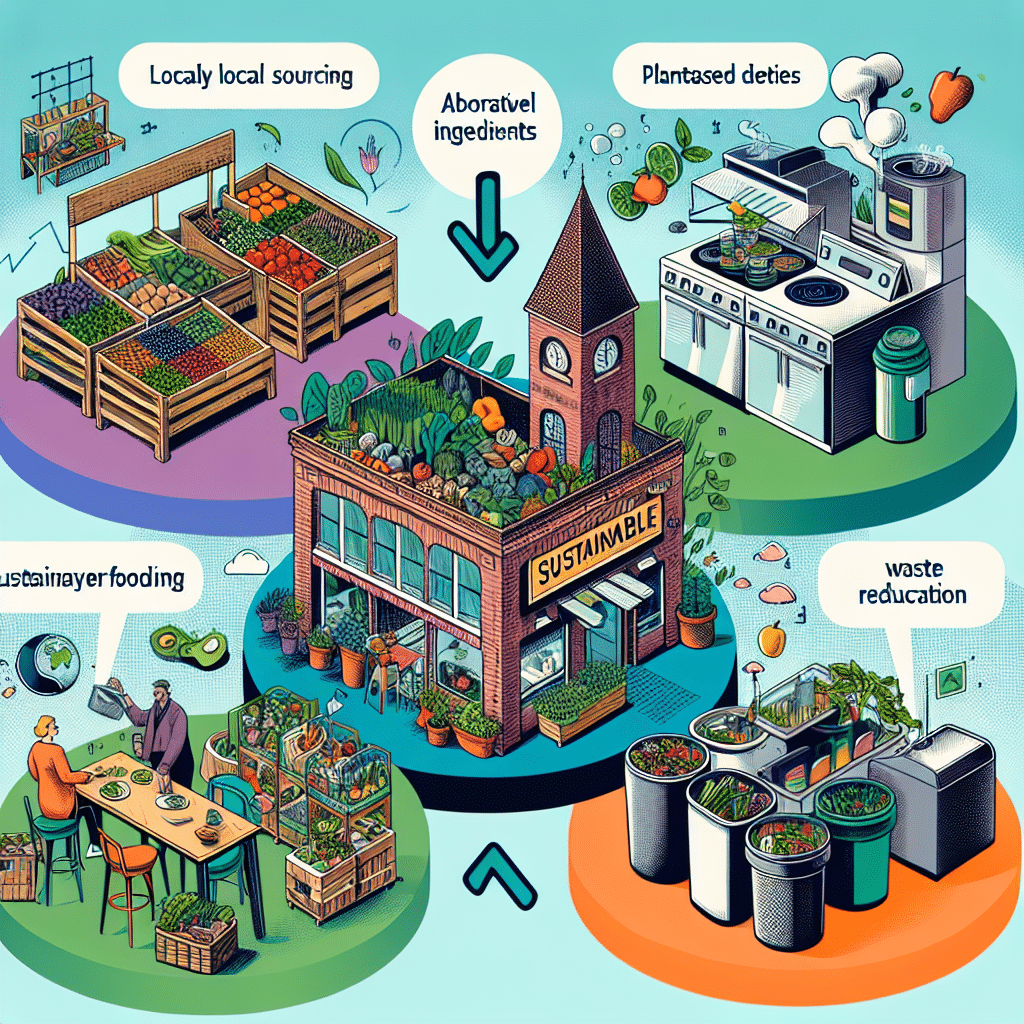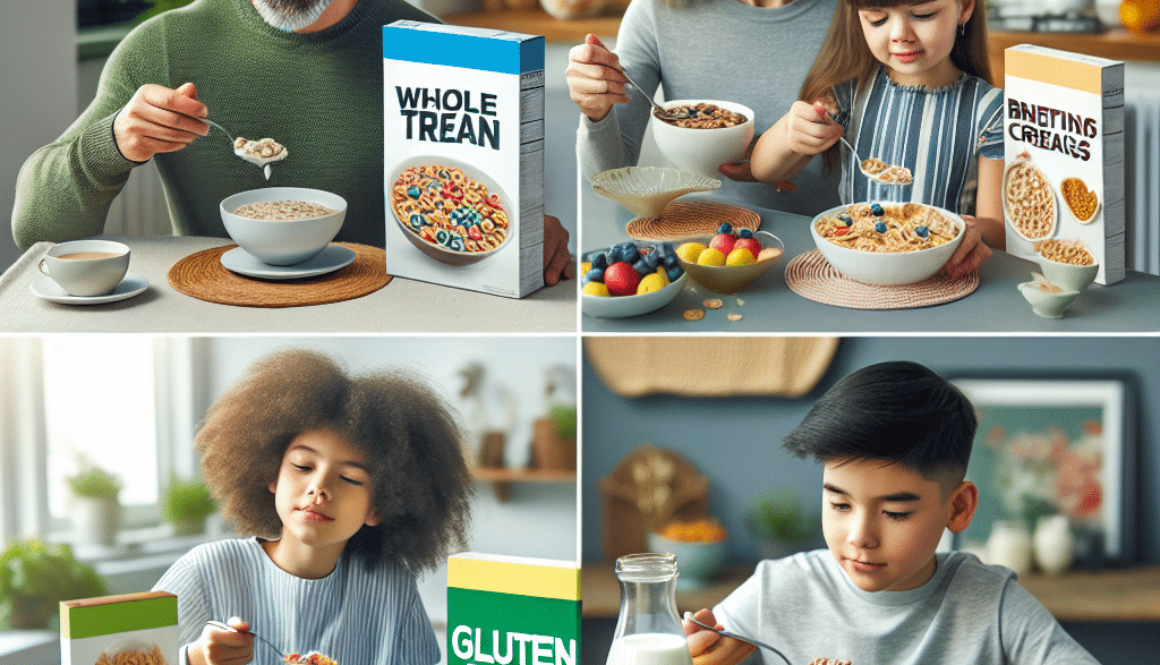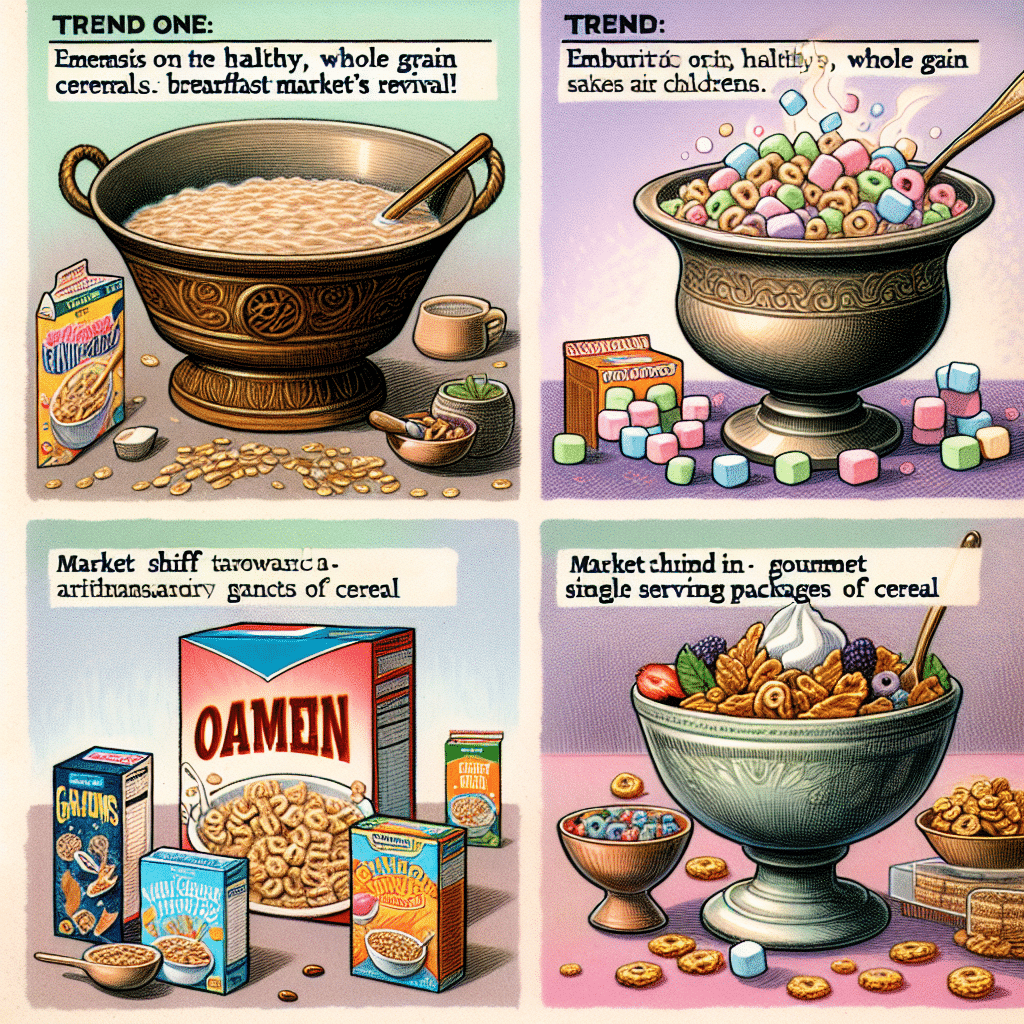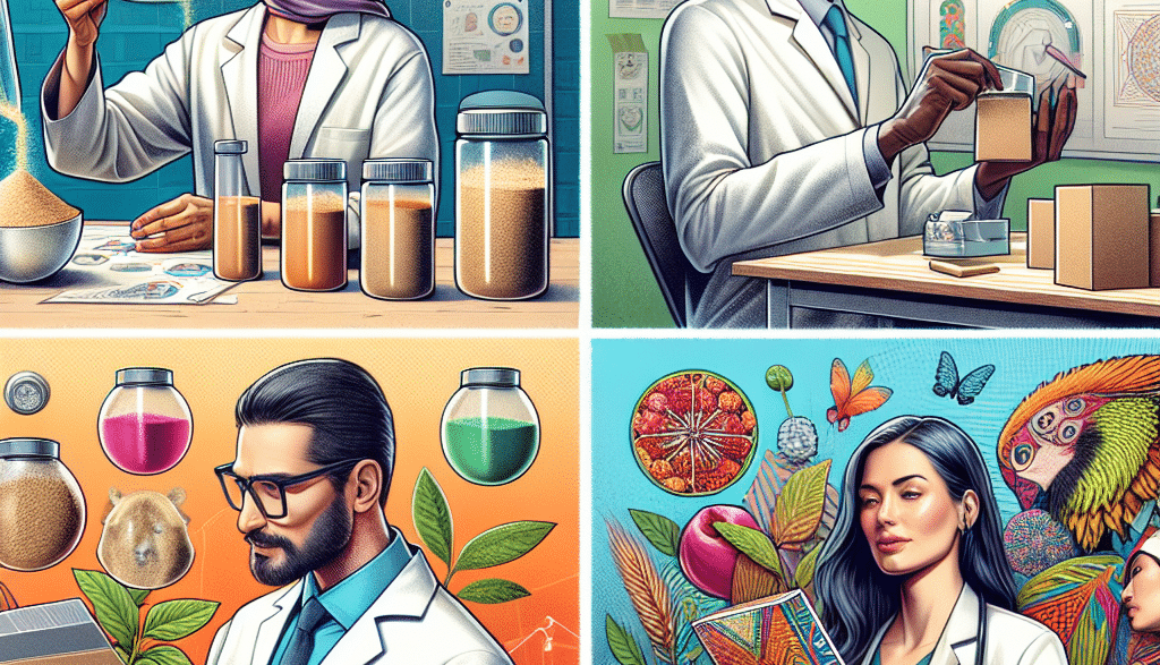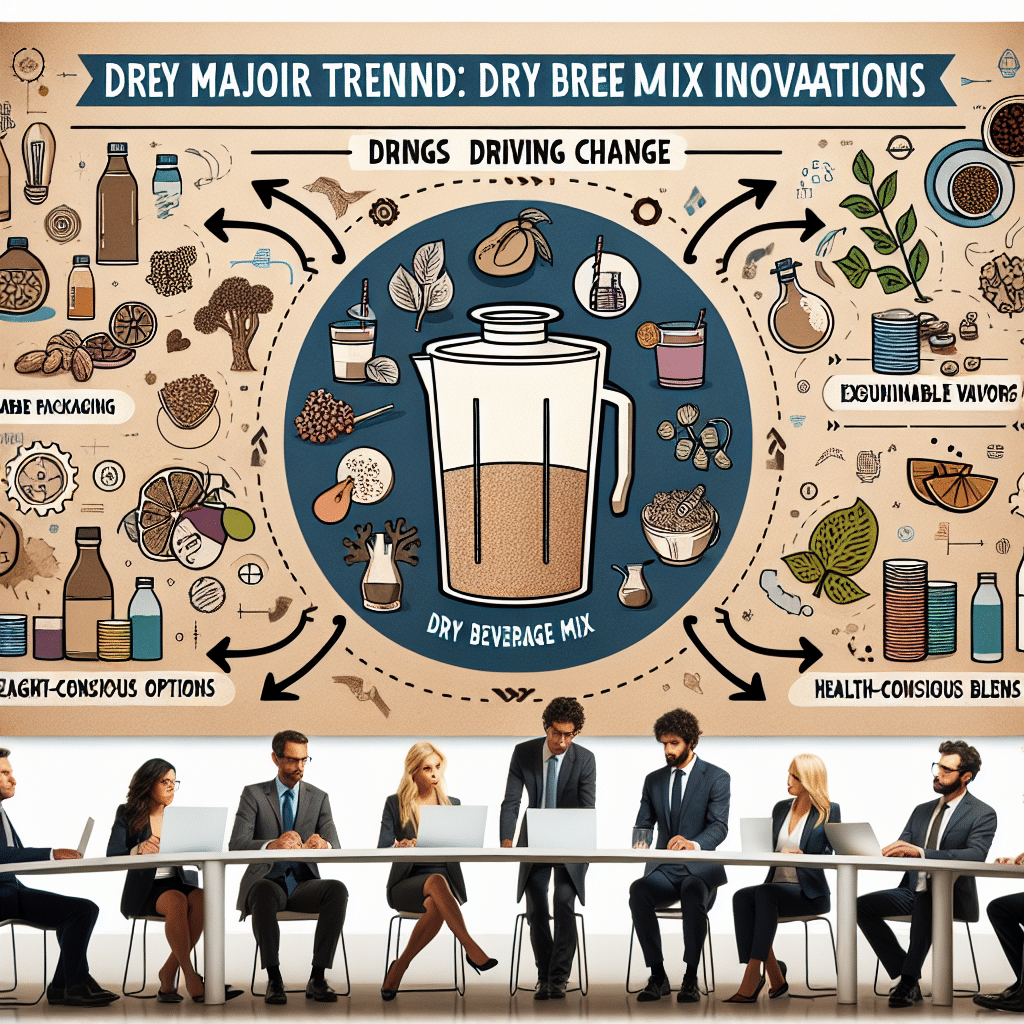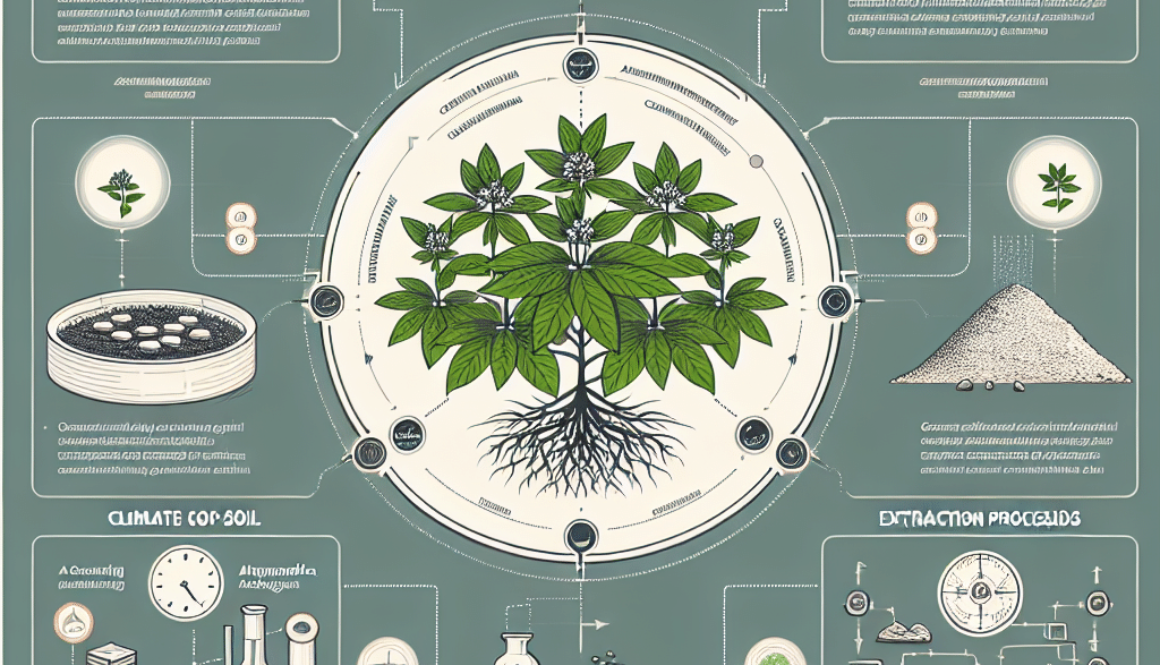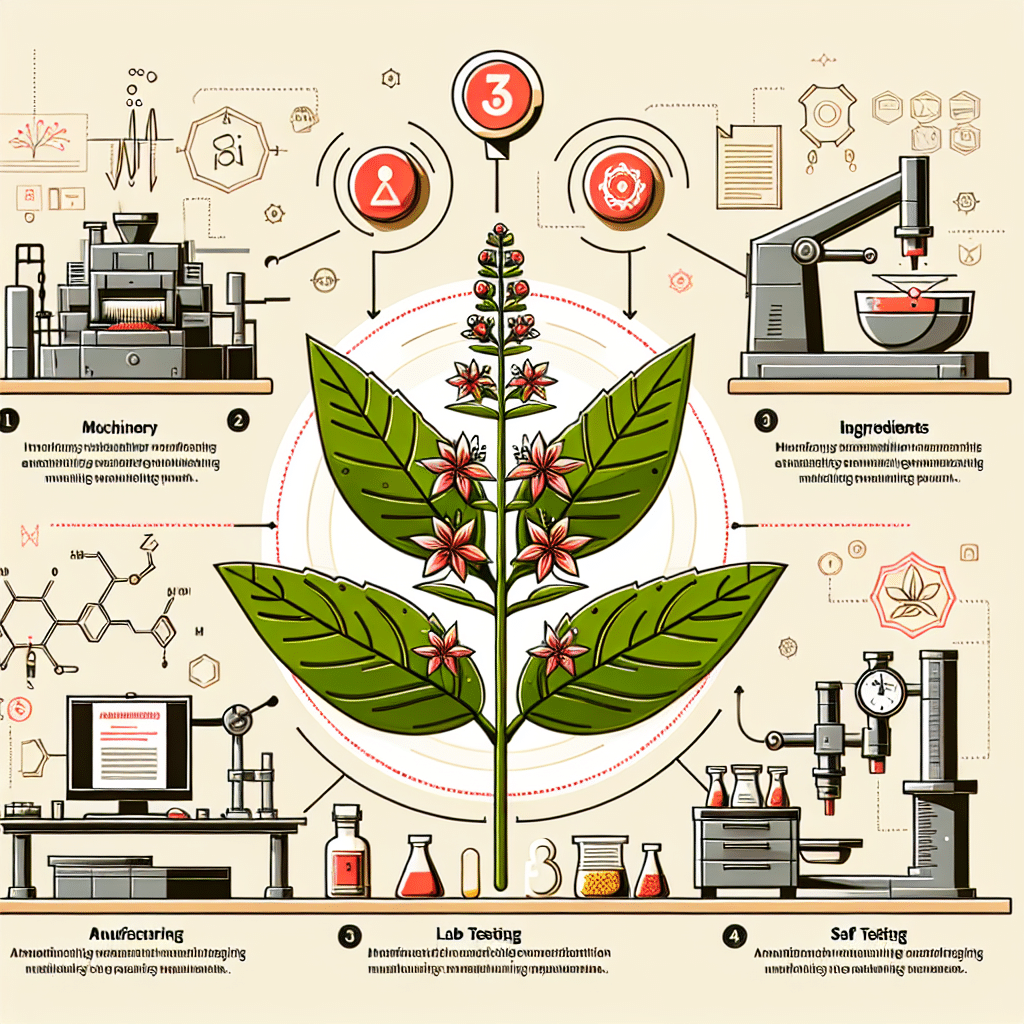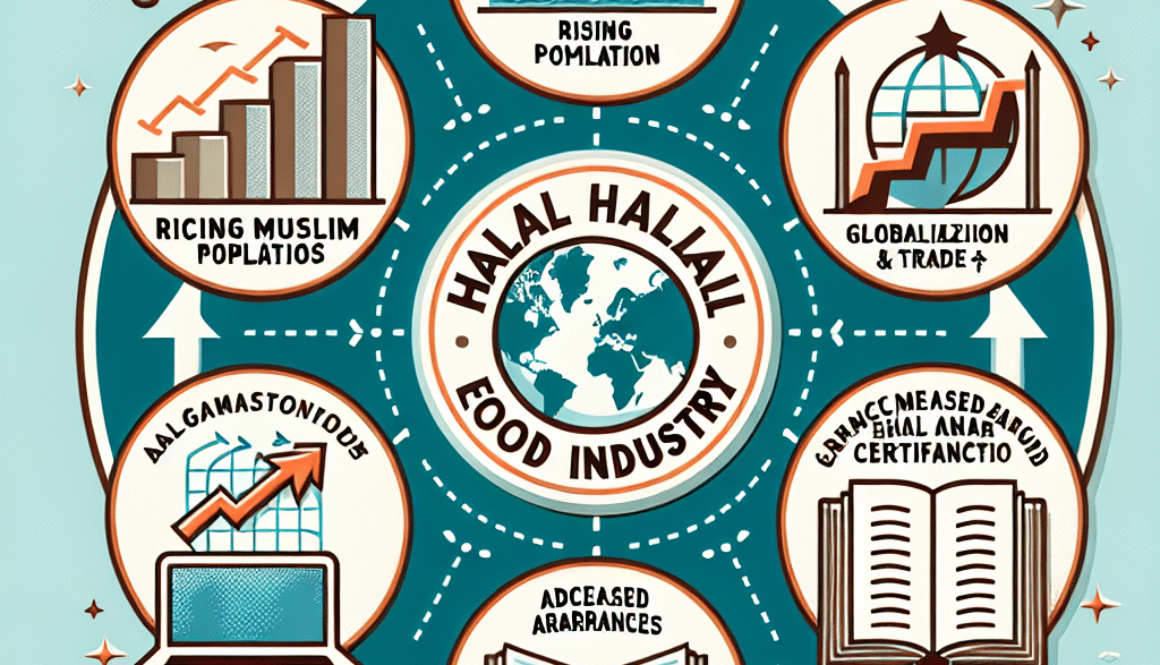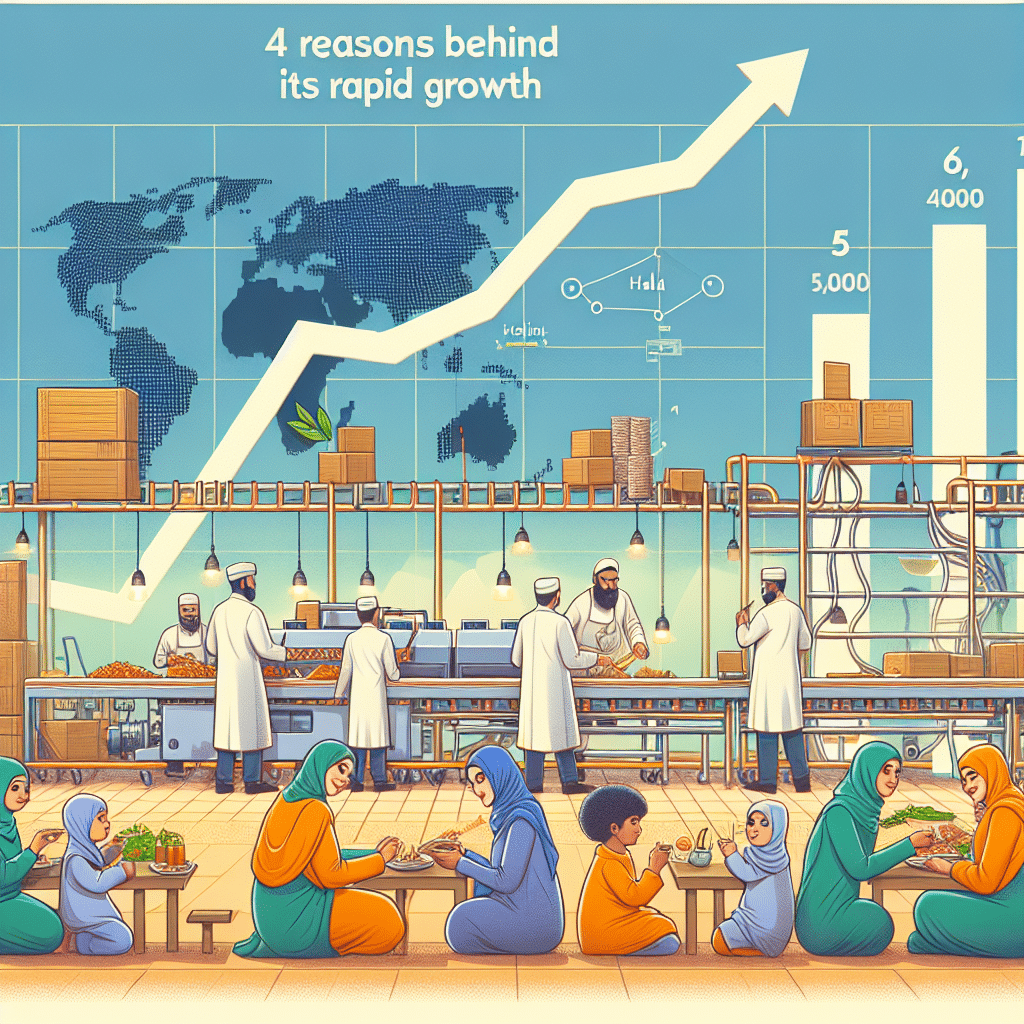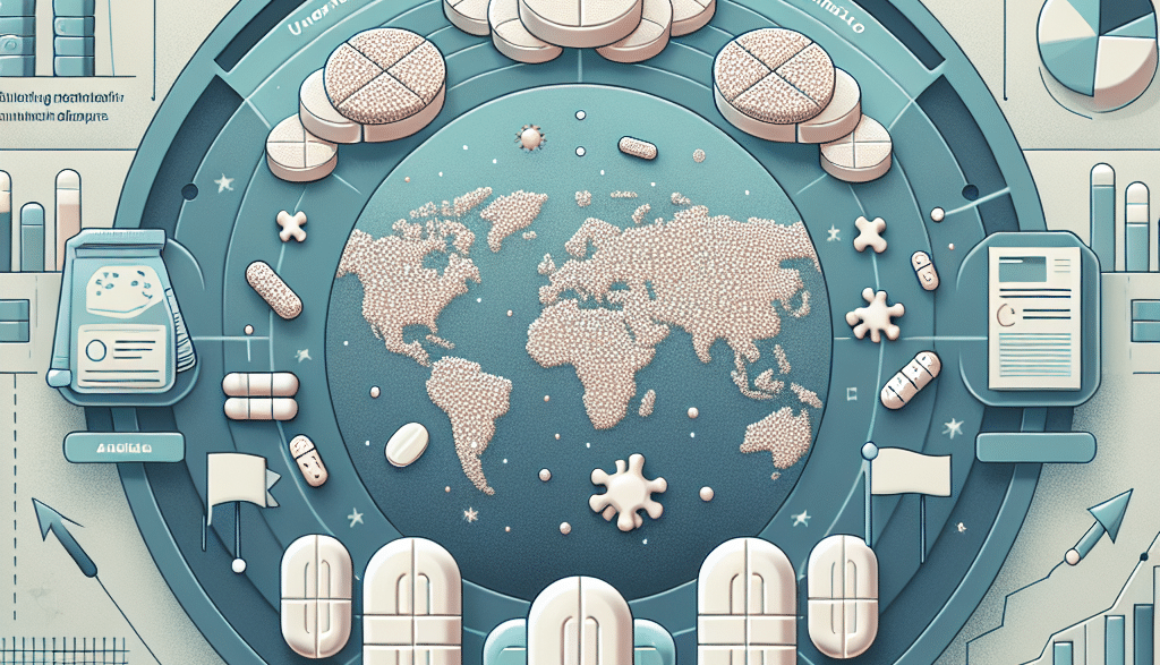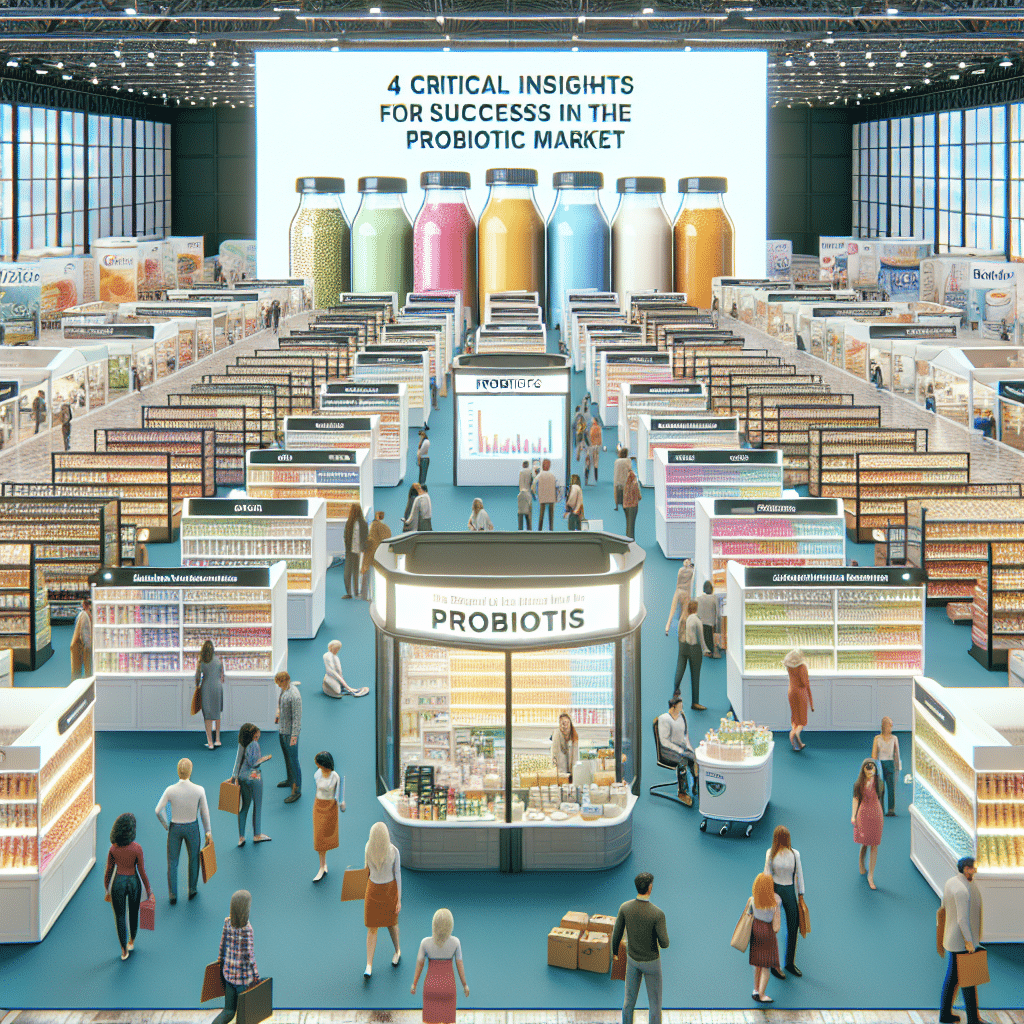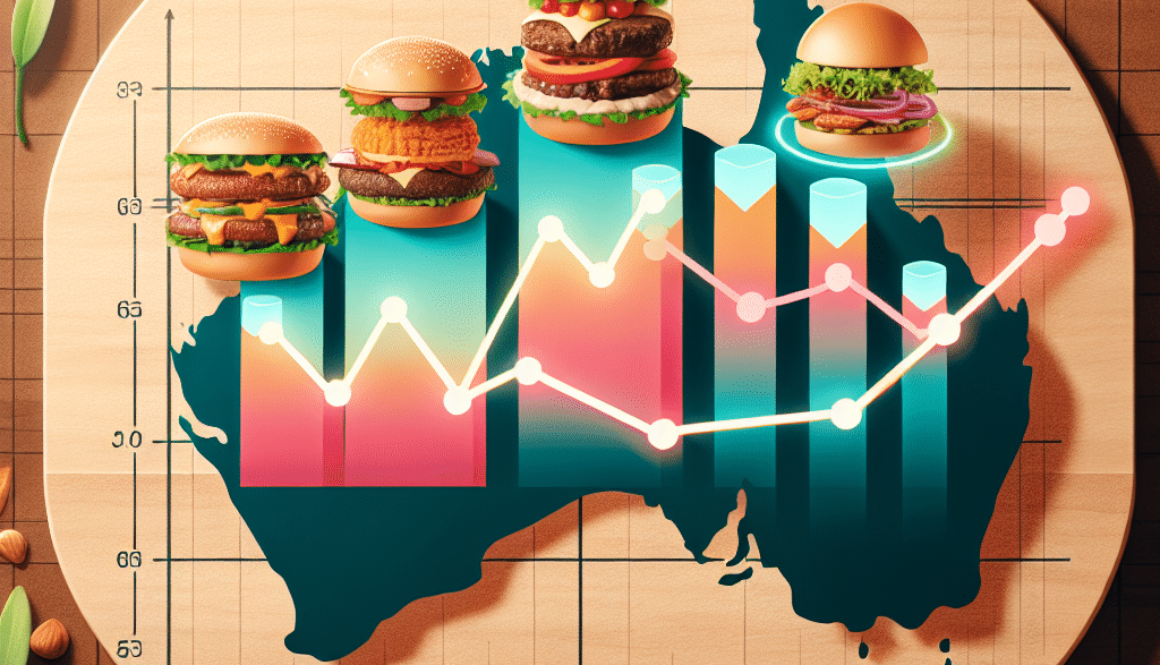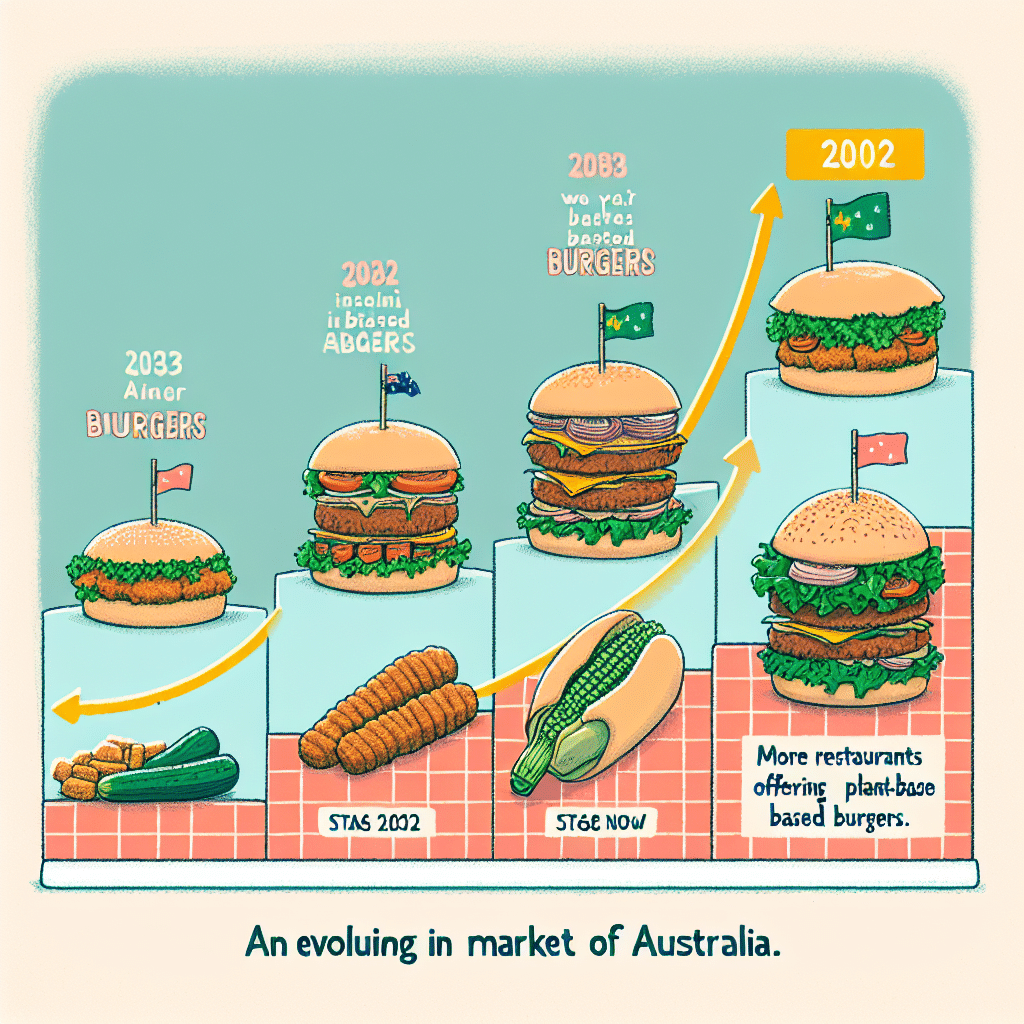Future Food Predictions: 5 Things to Expect
-
Table of Contents
- Future Food Predictions: 5 Trends Shaping Our Diets
- 1. Lab-Grown Meats and Alternative Proteins
- 2. Precision Fermentation and Functional Foods
- 3. Urban Agriculture and Vertical Farming
- 4. Personalized Nutrition and AI
- 5. Sustainable Packaging and Zero-Waste Initiatives
- Conclusion
- Discover ETChem’s Protein Products
Future Food Predictions: 5 Trends Shaping Our Diets
The future of food is an ever-evolving landscape, shaped by technological advancements, environmental concerns, and changing consumer preferences. As we look ahead, several key trends are expected to dominate the food industry, transforming the way we grow, process, and consume our meals. In this article, we’ll explore five predictions for the future of food that are likely to impact our diets and food systems in the coming years.
1. Lab-Grown Meats and Alternative Proteins
With the global population projected to reach nearly 10 billion by 2050, the demand for protein is set to soar. Traditional livestock farming is resource-intensive and has a significant environmental footprint. As a result, lab-grown meats and alternative proteins are gaining traction as sustainable solutions.
- Cellular Agriculture: Lab-grown or cultured meat is produced by cultivating animal cells in a controlled environment. This process eliminates the need for raising and slaughtering animals, potentially reducing greenhouse gas emissions and land use.
- Plant-Based Proteins: Products made from plants that mimic the taste and texture of animal meat have become increasingly popular. Companies like Beyond Meat and Impossible Foods are at the forefront of this innovation.
- Insect Protein: Insects are a high-protein, low-impact food source. They require less land, water, and feed compared to traditional livestock, making them an eco-friendly alternative.
Case studies, such as the success of the Impossible Burger, demonstrate consumer readiness for these alternatives. Moreover, investments in cellular agriculture startups like Memphis Meats and Mosa Meat suggest a strong future market.
2. Precision Fermentation and Functional Foods
Precision fermentation is a process that uses microorganisms to produce complex organic molecules. This technology is poised to revolutionize the production of ingredients like proteins, fats, and vitamins.
- Customized Nutrition: Precision fermentation can create nutrient-dense foods tailored to individual dietary needs, potentially addressing malnutrition and diet-related health issues.
- Functional Foods: Foods enhanced with additional health benefits, such as probiotics, prebiotics, and plant sterols, are becoming more prevalent. These functional foods can play a role in disease prevention and overall wellness.
Examples include companies like Perfect Day, which uses fermentation to create dairy proteins without cows, and the growth of the functional foods market, which is expected to reach $275 billion by 2025.
3. Urban Agriculture and Vertical Farming
As urban populations grow, so does the need for fresh, locally-sourced produce. Urban agriculture and vertical farming offer solutions for growing food in limited spaces with fewer resources.
- Hydroponics and Aeroponics: These soilless farming techniques use nutrient-rich water and mist, respectively, to grow plants efficiently and with less water than traditional agriculture.
- Vertical Farms: Multi-story indoor farms that use LED lighting and climate control to produce crops year-round, regardless of weather conditions.
Companies like AeroFarms and Plenty are leading the way in vertical farming, showcasing the potential for high-yield, sustainable urban agriculture.
4. Personalized Nutrition and AI
Advances in technology are making personalized nutrition more accessible. Artificial intelligence (AI) can analyze data from wearables, genetic tests, and dietary habits to provide customized dietary recommendations.
- Wearable Technology: Devices that track biometrics like blood sugar and hydration levels can inform real-time dietary adjustments.
- Genetic Testing: Understanding an individual’s genetic predispositions can lead to personalized nutrition plans that optimize health and prevent disease.
Startups like Habit and Nutrigenomix are at the forefront of personalized nutrition, offering tailored dietary advice based on individual data.
5. Sustainable Packaging and Zero-Waste Initiatives
The environmental impact of food packaging is a growing concern. Sustainable packaging solutions and zero-waste initiatives are becoming more prevalent in response to consumer demand for eco-friendly options.
- Biodegradable Materials: Packaging made from plant-based materials that decompose naturally, reducing plastic waste.
- Edible Packaging: Innovative packaging that can be eaten along with the product it contains, eliminating waste entirely.
- Zero-Waste Stores: Retail outlets that encourage consumers to bring their own containers and buy products in bulk to reduce packaging waste.
Examples include Notpla’s edible water pods and the rise of zero-waste grocery stores around the world.
Conclusion
The future of food is set to be shaped by sustainability, technology, and personalization. Lab-grown meats and alternative proteins offer environmentally friendly alternatives to traditional livestock farming. Precision fermentation and functional foods are enhancing nutrition and health benefits. Urban agriculture and vertical farming are revolutionizing the way we grow food in cities. Personalized nutrition, powered by AI, is tailoring diets to individual needs. Lastly, sustainable packaging and zero-waste initiatives are addressing the environmental impact of food consumption.
As we navigate these changes, it’s clear that innovation will continue to drive the food industry forward, offering exciting opportunities for consumers and businesses alike.
Discover ETChem’s Protein Products
Amidst these future food trends, protein remains a vital component of our diets. ETChem’s protein products stand out as a reliable source for high-quality collagens. Whether you’re involved in the nutraceutical, pharmaceutical, or food and beverage industry, ETChem offers a range of collagen types to meet your needs. Their commitment to quality and customer service makes them an ideal partner for businesses looking to innovate in the protein space.
About ETChem:
ETChem, a reputable Chinese Collagen factory manufacturer and supplier, is renowned for producing, stocking, exporting, and delivering the highest quality collagens. They include marine collagen, fish collagen, bovine collagen, chicken collagen, type I collagen, type II collagen and type III collagen etc. Their offerings, characterized by a neutral taste, instant solubility attributes, cater to a diverse range of industries. They serve nutraceutical, pharmaceutical, cosmeceutical, veterinary, as well as food and beverage finished product distributors, traders, and manufacturers across Europe, USA, Canada, Australia, Thailand, Japan, Korea, Brazil, and Chile, among others.
ETChem specialization includes exporting and delivering tailor-made collagen powder and finished collagen nutritional supplements. Their extensive product range covers sectors like Food and Beverage, Sports Nutrition, Weight Management, Dietary Supplements, Health and Wellness Products, ensuring comprehensive solutions to meet all your protein needs.
As a trusted company by leading global food and beverage brands and Fortune 500 companies, ETChem reinforces China’s reputation in the global arena. For more information or to sample their products, please contact them and email karen(at)et-chem.com today.

